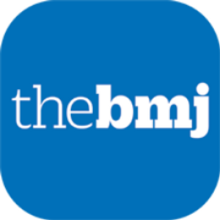 Should patient groups be more transparent about their funding?
Should patient groups be more transparent about their funding?
BMJ 2014; 349 doi: http://dx.doi.org/10.1136/bmj.g5892 (Published 29 September 2014)Cite this as: BMJ 2014;349:g5892
- Sophie Arie, freelance journalist, London, UK,
- Chris Mahony, freelance journalist, London
- Correspondence to: S Arie sarie@bmj.com
The recent decision that the multiple sclerosis drug nabiximols should be available on the NHS in Wales was met by MS charities as a small triumph for patients. Access to the drug, a cannabinoid spray that eases spasticity, had previously been denied because of its cost.
“As a charity we have campaigned over a long period for Sativex [nabiximols] to be widely available because of the significant impact that MS spasticity can have on daily activities,” Amy Bowen, director of service development at the Multiple Sclerosis Trust, told the BBC.1
She expressed hope that the recommendation would lead to the drug being more easily accessible in the rest of the UK.
The MS Trust failed, however, to mention either in media interviews or in lobbying documents, that it receives funding from the German drug giant Bayer, which markets the drug in the UK. The company donated £5000 (€6400; $8200) to the MS Trust in 2013 and 2012.2 3
On its website, the charity provides information about its corporate funding only in its annual review, and even this is not prominently displayed. Corporate funding is listed as a lump sum of £54 121 towards the back of the annual review, without naming individual companies or specifying how the funds were used. There is one reference within further tables of figures to a restricted grant from Sanofi.4
The Association of the British Pharmaceutical Industry requires drug companies to disclose all the details of their relations with patient groups and charities systematically and prominently on their websites. These show that, in addition to the £5000 …

